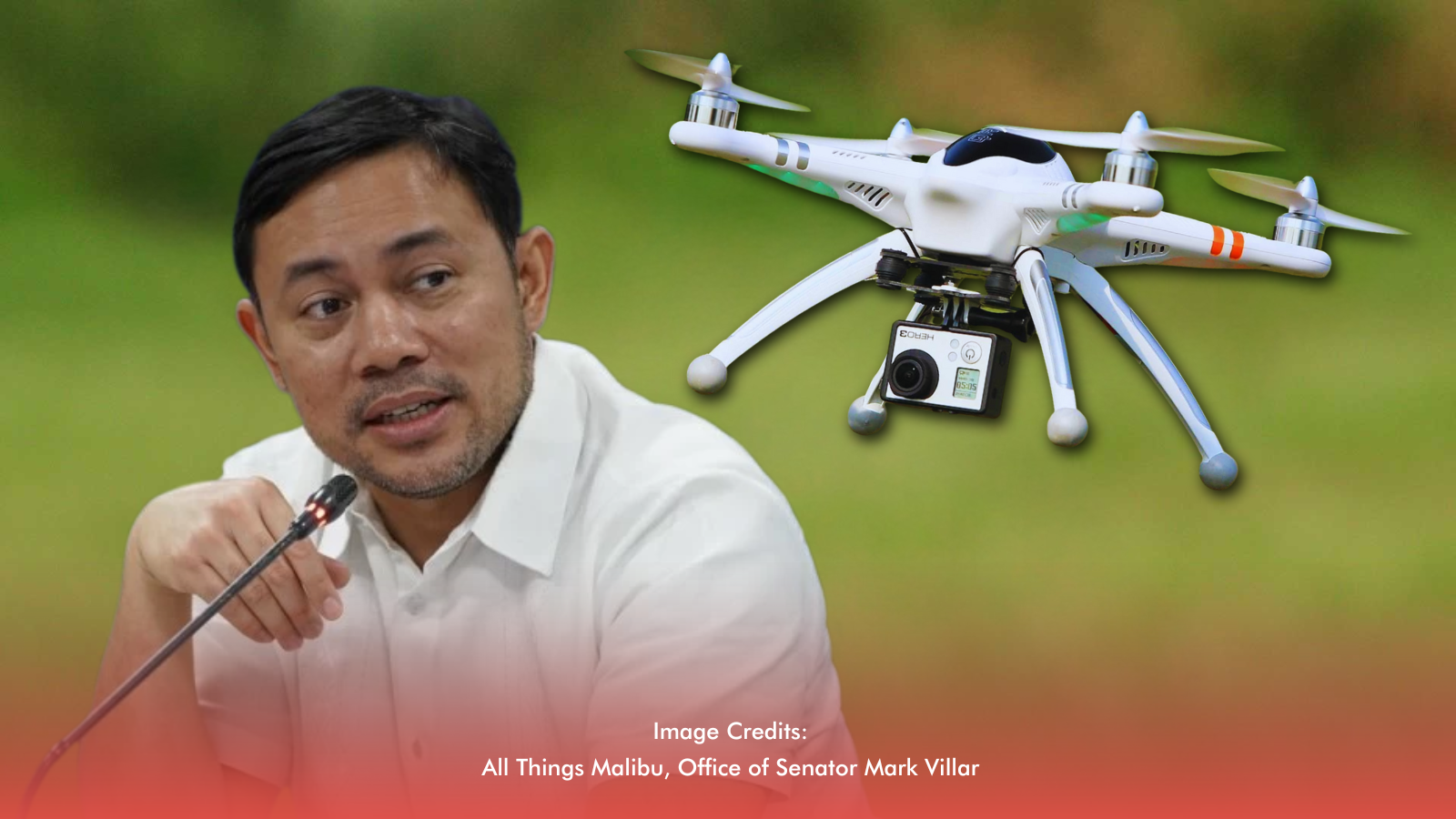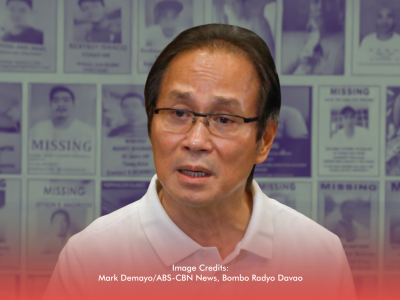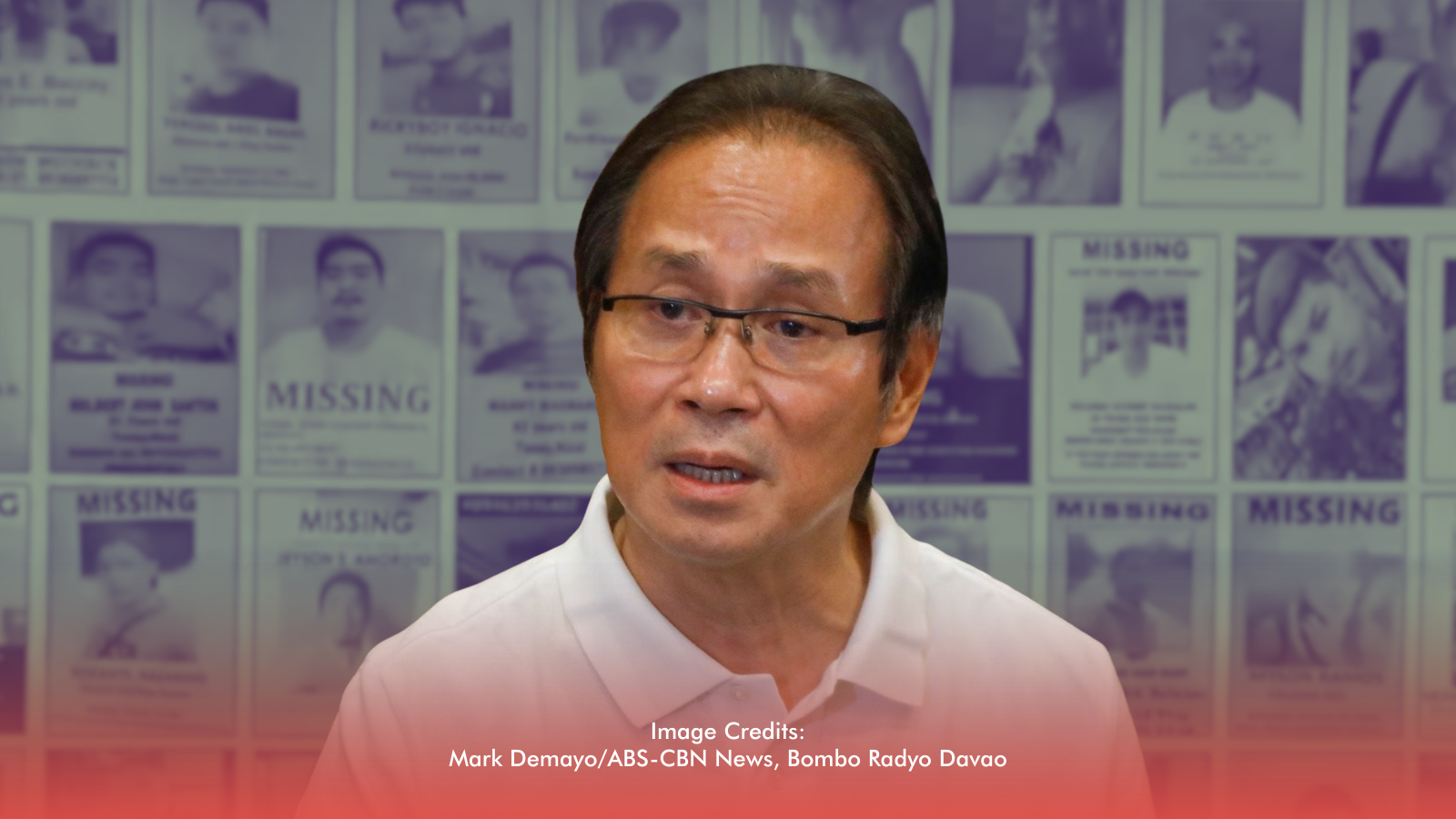Senator Mark Villar has filed a bill that would require drone monitoring of all government construction projects before any payment can be released, introducing a high-tech safeguard to ensure accountability in infrastructure spending.
Tech-Driven Oversight in Public Works
Senate Bill (SB) No. 1438, or the “Government Construction Project Transparency and Accountability Act of 2025,” mandates a system where unmanned aerial vehicles (UAVs) capture detailed records of project progress. The measure applies to all national agencies and government-owned and controlled corporations (GOCCs) involved in construction, including the Department of Public Works and Highways (DPWH), Department of Transportation (DOTr), and Bases Conversion and Development Authority (BCDA).
“Persistent challenges including project delays, quality issues, and financial irregularities in public works demand innovative solutions,” Villar said. “This legislation harnesses modern technology to establish an unwavering standard of accountability for every peso of public funds invested in infrastructure,” he added.
Transparency Through Drone Documentation
Under the bill, independent accredited third parties will conduct aerial documentation, producing geotagged images, video footage, and orthomosaic maps. These files will be uploaded to a centralized public portal, giving citizens direct access to real-time project updates and ensuring transparency at every stage.
Critically, no payment to contractors may be processed without verified drone documentation. The bill also penalizes falsified submissions, with violators subject to prosecution under the Anti-Graft and Corrupt Practices Act.
Implementation and Public Accountability
The measure outlines a clear implementation roadmap. Within 60 days of enactment, agencies must finalize accreditation standards for monitoring entities. The Department of Science and Technology (DOST) and Department of Information and Communications Technology (DICT) will provide technical support in crafting the implementing rules and regulations.
Villar emphasized that beyond oversight, the reform is meant to rebuild public trust. “We are committed to restoring confidence in how infrastructure projects are implemented and delivered,” he ended.








